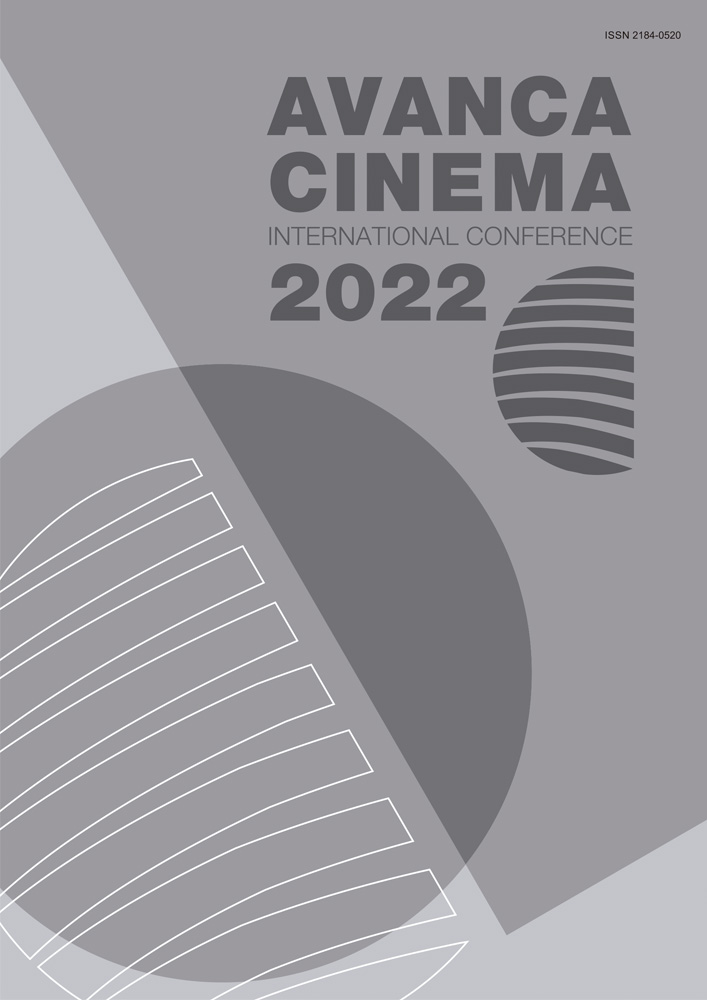Capítulo V _ Convidados
Escrever e reescrever: práticas de roteiro de Anna Muylaert em Que horas ela volta?
Resumo
The screenplay for the movie Second Mother (2015) was written and rewritten for almost 20 years: “I started writing in 1996 when I had a baby in my arms, and now he is a man with a beard”, says the filmmaker Anna Muylaert in an interview to Encontros de Cinema. The process of writing the screenplay for Second Mother involved a lot of rewriting and route changes over almost 20 years, but, despite what it may seem, the filmmaker says that it is not a closed project, but a process in permanent transformation and rewritten over the years in different moments. Muylaert details this process in several interviews, among them to Encontros de Cinema (2015), to Metrópolis (2015a), and Primeiro Tratamento (2020) when she points out the four great moments of the screenplay and the transformations it had to one version to another (1994-95-96; 2004; 2009 and 2013). Based especially on these reports and the screenplay version of December 30, 2013, we undertook a study on the creation archives of the Second Mother screenplay, moved by the search path and the questions posed by Anna Muylaert, with the theoretical and methodological support of the critical theory of creative processes by Cecilia Salles (Networks of creation, 2019; Unfinished gesture, 2019) and, in addition, studies by screenwriter Jack Epps (Screenwriting is Rewriting, 2016), about the relevance of rewriting processes, and by Paul Joseph Gulino (Screenwrintig: sequence approach, 2004), about the sequence approach technique used to structure screenplays, fundamental, according to Muylaert, for the improvisation on the set, and incorporation of the environment, as she was looking.
Referências

Este trabalho encontra-se publicado com a Licença Internacional Creative Commons Atribuição 4.0.

